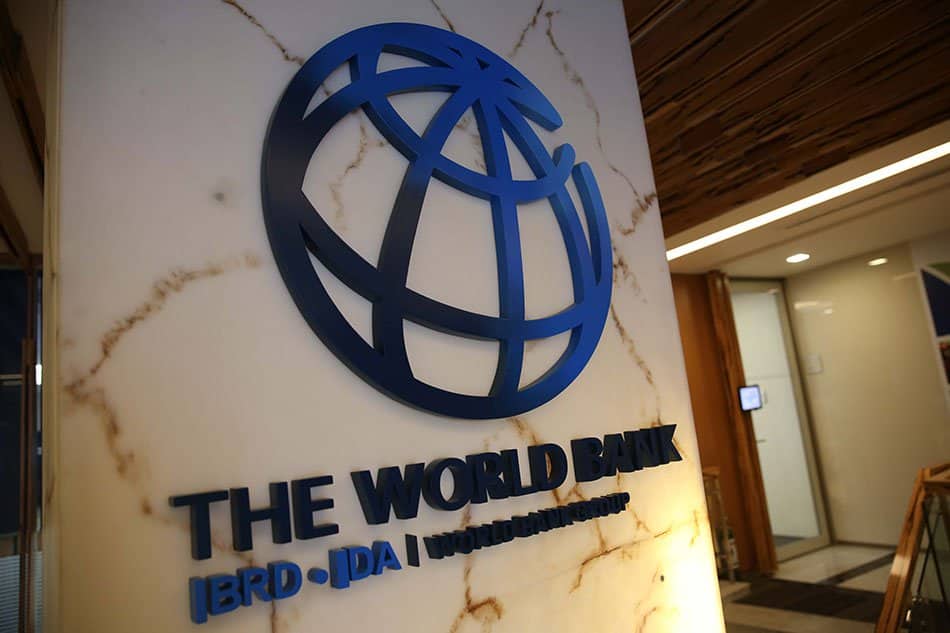Kenyan politicians spend Sh2 billion more on travel allowances than the UN – World Bank

According to the report, the large public wage bill in Kenya is driven less by basic salaries and more by a range of complicated and poorly regulated allowances.
The World Bank’s latest Public Finance Review highlights that the Kenyan government has the potential to save billions of shillings by cutting down on the excessive travel allowances given to civil servants.
According to the report, the large public wage bill in Kenya is driven less by basic salaries and more by a range of complicated and poorly regulated allowances.
The World Bank also revealed that Kenyan civil servants traveling on official duty to the United States cost taxpayers approximately USD 513 (Sh67,000) daily, covering per diem and accommodation expenses.
However, these costs could be significantly reduced if the government adopted uniform per diem and accommodation rates applied by Ministries, Departments, and Agencies (MDAs) for all job categories.
The World Bank notes that adopting standardized rates could reduce the daily cost per officer to USD 326, resulting in savings of USD 187 (Sh24,000) per day and approximately Ksh 2 billion each year.
Meanwhile, if the government applied the United Nations Development Program (UNDP) daily allowance rates, the cost per officer would decrease to USD 460, still offering a daily saving of USD 53 per person.
Additionally, the World Bank pointed out that Kenya’s public sector travel budget stands at Sh19.6 billion, recommending a 50% reduction to curb unnecessary spending.
The World Bank emphasizes that inflated travel allowances are just one aspect of a larger issue. The report also points to significant inefficiencies within the public payroll system.
Between 2019 and 2023, Kenya could have saved Sh5.38 billion by removing ghost workers from the payroll. Additionally, Sh3.35 billion was lost due to irregular travel claims.
Moreover, millions more were lost because of overpayments, unexplained salary discrepancies, and outdated allowance frameworks.
To address this financial strain, the World Bank recommends implementing a two-year hiring freeze, conducting a skills audit, and redeploying existing staff across government departments.
The report also highlights shortcomings in Kenya’s Personal Income Tax (PAYE) system, describing it as insufficiently progressive.
The World Bank suggests introducing a 15% tax bracket for annual incomes between Sh288,000 and Sh388,000.
Additionally, it proposes a 38% tax rate for individuals earning over Sh9.6 million per year, along with the removal of the existing 30% tax band to promote fairer taxation.
The report further recommends exempting low-income earners—those making less than half the average wage—from paying the Housing Levy.
